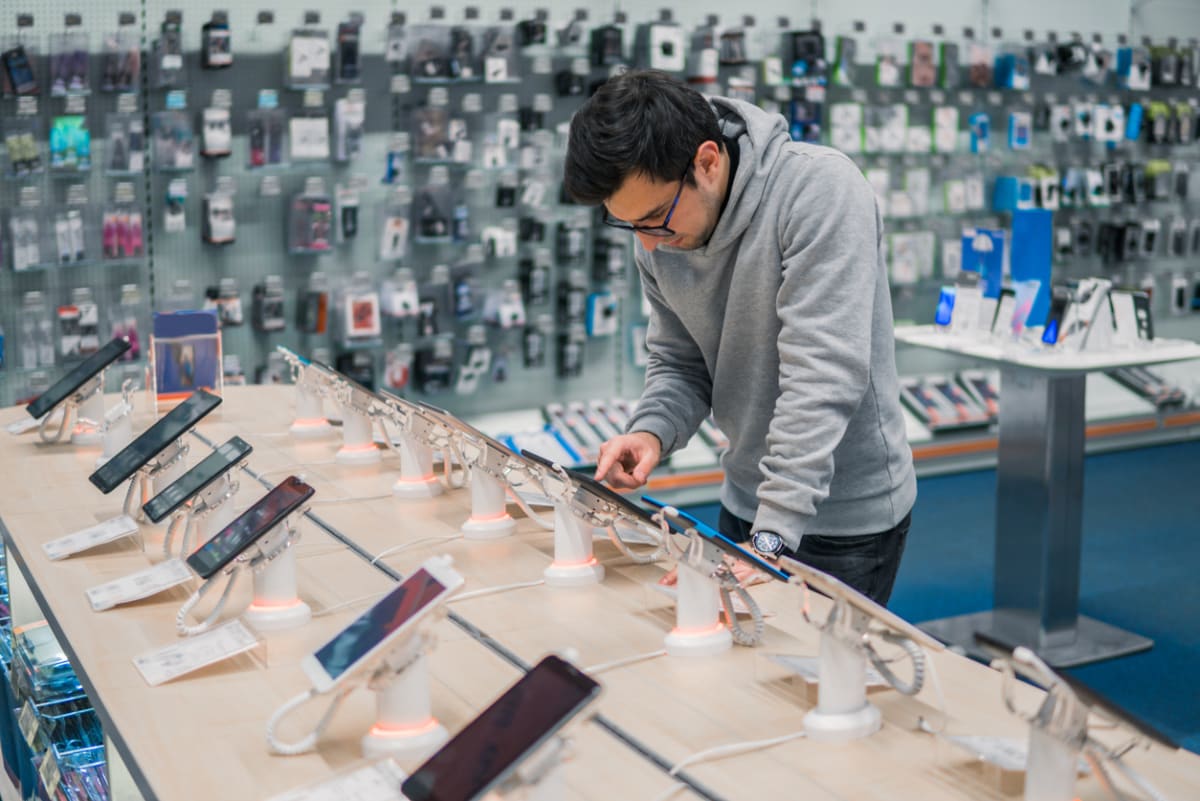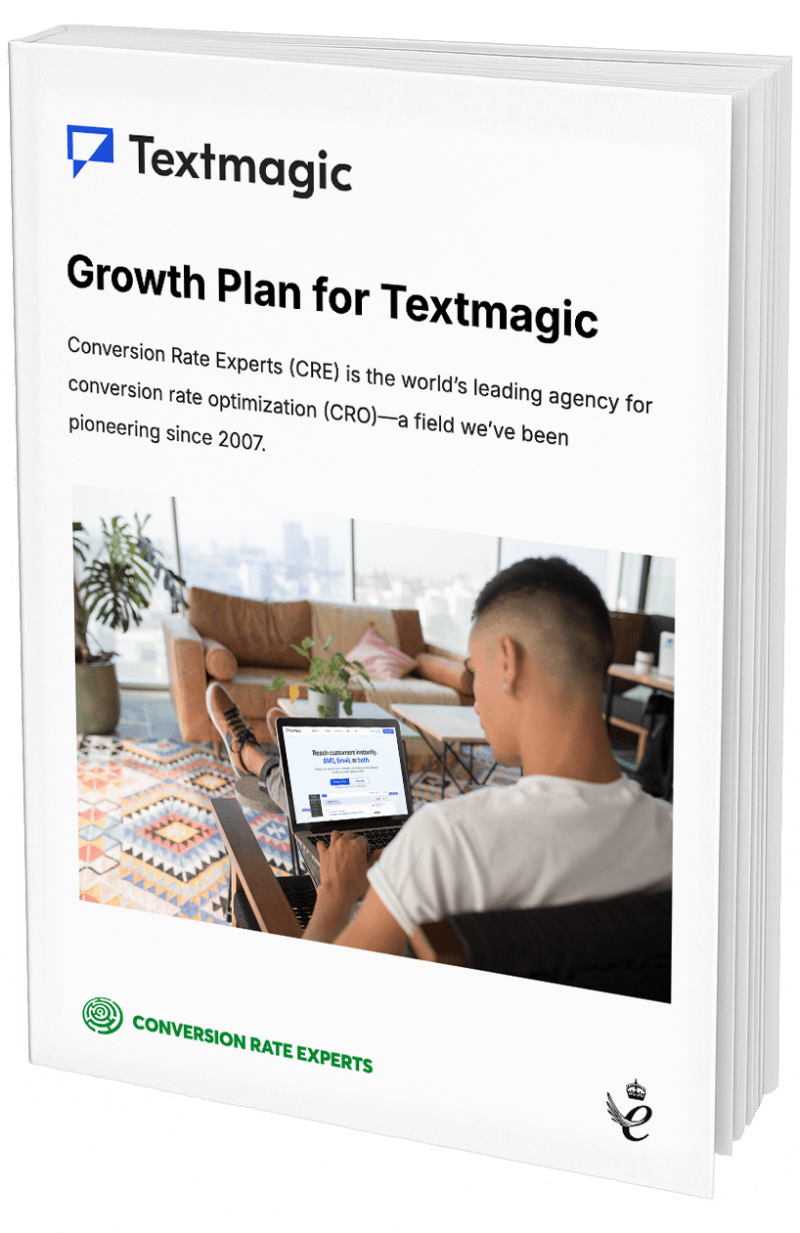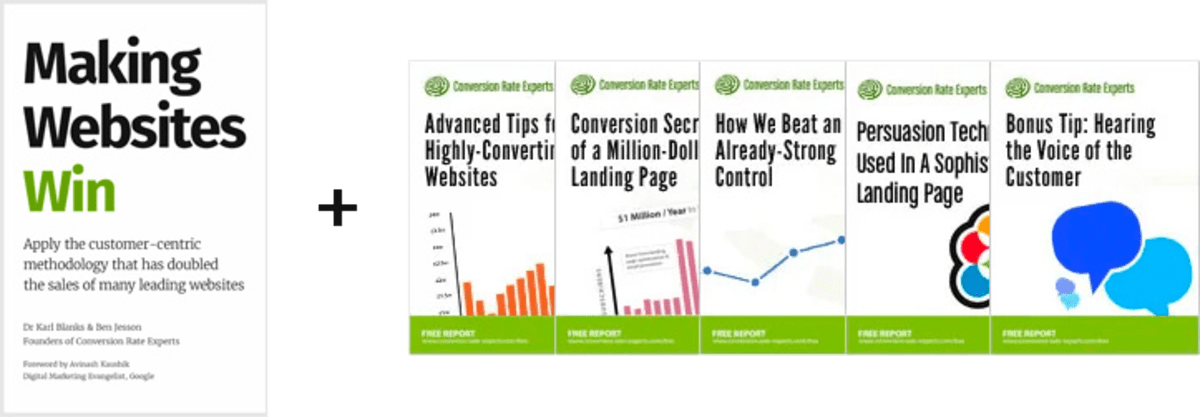Which side of the table are you on? Three ways to earn your customers’ trust
(By the way, to get articles like this free in your inbox, subscribe to our newsletter.)

This business-is-war approach is on full display in many of the sales training books we’ve come across. Their authors revel in battle-based metaphors, cheerfully teaching readers to be sales assassins, commando closers, or bare-knuckle negotiators.
But is emphasizing conflict the best approach?
At CRE, we have an extensive reading list, but none of these kinds of sales books are on it. That is no accident. We subscribe to a different approach, and that’s what this article is about.
What Clayton Makepeace did differently
Clayton Makepeace was a legendary copywriter who mentored one of our team members. Clayton said that when he works on a writing project, he would imagine sitting in a room with a person who was the target audience for the product he was selling. He’d have a discussion with this person, who would tell Clayton all the questions, fears, and worries that they’d had.
What Clayton was doing was the opposite of the “sales assassin” mentality. He did not place himself across the table from the potential customer, but instead on the same side of the table. He wanted to see what they saw and answer the questions they had.
Let’s discuss three specific ways to do just that.
Three ways to put yourself on the same side of the table as your target audience

Because we want to put ourselves in the shoes of our prospective customer, let’s phrase things from that person’s perspective.
1. Help me to be a smart consumer
This involves describing and explaining things to visitors without coming across as talking down to them. The following is a bad example from Vanguard Funds, which is one of the largest investment managers on earth. Here’s how they describe what their report is about:

Vanguard could have easily said, “You’re receiving this notification to give you important information…” Why risk talking down to people, especially when it’s not necessary and potentially insulting?
Thankfully, some companies explain things well—from coffee roasters like Square Mile Coffee…
To product developers like Peak Design…
If you want to be a smart consumer of coffee or understand how backpacks are made, these companies will help you understand and make better choices.
So few businesses take the time to explain their techniques and tradeoffs to their customers that doing so can often raise you above your competition.
Many visitors don’t know what they don’t know. If you explain that reverse osmosis is a great way to purify water, but it wastes four gallons of water for every gallon it filters, that may be a major deciding factor for some people, and they may thankfully opt for your carbon/UV-filtration system instead.
Another way to help people become more knowledgeable is to give them context. If you sell water bottles and are proud of the fact that they do not contain BPA (bisphenol A), then it’s only partially helpful to say that “we make our water bottles from BPA-free materials.” Some visitors will know all about bisphenol A, how it has been used in plastics and resins since the 1950s, and how it’s an endocrine disruptor. Most people might have heard a little about BPA or have only seen the “BPA-free” label. You have the opportunity to be more helpful by including a small link that says: “What’s BPA, and why should you care?”
Now you’ve gone beyond the role of “seller” and have become a helpful teacher.
2. Tell me for whom your product is not a good fit

It may be fashionable to lament the current state of society in terms of what’s popular on social media, but on one level, most people are smart. They know many things and one thing is certain: Nothing is perfect for everyone.
That may seem obvious, but if it’s so obvious, then why do so many marketers violate that common knowledge and have trouble admitting when their product is not a good fit?
When people are told how amazing a product is, their reaction is often to ask: “What’s the catch?” They’re impressed by the promises, but know that because nothing is perfect, they must be missing something.
Give them that something. If you tell them the circumstances where your product is not a great fit, that allows them to stop hunting for the catch.
- If you have a travel-booking service in Europe that’s amazing, you should consider explaining that for groups larger than 100 people, another service may work better.
- If you have created a better type of hardwood flooring that’s easily removed and is highly customizable, then tell people how it’s really not economical for floors under 200 square feet.
By explaining when your product is not a good fit, you create mental relief: your visitors can stop searching for why the product is not perfect. In the case of Conversion Rate Experts, our target market is companies that have at least $1 million of revenue (or the equivalent in other currencies), and we’re up front about that. Even so, we explain to visitors that we have many resources that can help businesses of any size to get to the next level.
3. Talk to me truthfully about how you rate versus the competition

If you ask most companies about how they rate compared to their competition, you are liable to get one of three responses:
- “We have no competition.” That may have been temporarily true in the early days of Apple’s iPod and SpaceX rockets, but most companies have competitors. Making a statement to the contrary comes across as untrue boasting.
- “We don’t want to bad-mouth our competitors.” That’s admirable but not helpful to consumers. They are aware of options and want to know your factual distinctions. If you make all your components out of aircraft-grade titanium and your competitors make theirs out of stainless steel, that’s factual and not bad-mouthing. You are doing your customers a service by explaining that difference.
- “It’s a waste of time to focus on competitors; we focus on our own products.” That is not focusing on your customers, who do indeed care about making the right choices.
One of our team members has a brilliant concept called “decision insurance.” How can you help people to make decisions based on facts, such that if they are later challenged about that decision, they can point to all the reasons why it made sense? When you explain how your product rates against competitors, you’re providing that decision insurance.
Help your visitors to help themselves
If you’re on the same side of the table as your visitors, you’ll anticipate and answer their questions and concerns about your product compared to their other options. They will also realize that you’re helping them to do comparison shopping. You will have gone from suspicious promoter to helpful advisor. That is a rare role that they’ll appreciate and may well be happy to tell their friends about.
How much did you like this article?
What’s your goal today?
1. Hire us to grow your company
We’ve generated hundreds of millions for our clients, using our unique CRE Methodology™. To discover how we can help grow your business:
- Read our case studies, client success stories, and video testimonials.
- Learn about us, and our unique values, beliefs and quirks.
- Visit our “Services” page to see the process by which we assess whether we’re a good fit for each other.
- Schedule your FREE website strategy session with one of our renowned experts.
Schedule your FREE strategy session
2. Learn how to do conversion
Download a free copy of our Amazon #1 best-selling book, Making Websites Win, recommended by Google, Facebook, Microsoft, Moz, Econsultancy, and many more industry leaders. You’ll also be subscribed to our email newsletter and notified whenever we publish new articles or have something interesting to share.
Browse hundreds of articles, containing an amazing number of useful tools and techniques. Many readers tell us they have doubled their sales by following the advice in these articles.
Download a free copy of our best-selling book
3. Join our team
If you want to join our team—or discover why our team members love working with us—then see our “Careers” page.
4. Contact us
We help businesses worldwide, so get in touch!
© 2026 Conversion Rate Experts Limited. All rights reserved.
A Brandwidth Group Company.















